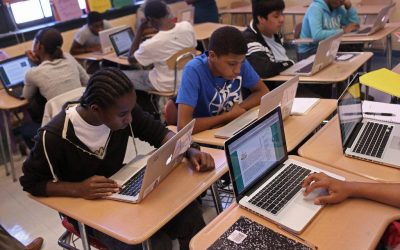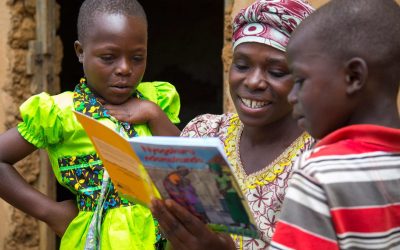The issue for young learners is not the tech, it is in fact the tech application. This comes from the manner in which we have taught our children to use tech. The introduction to technology in the home is that tech is a toy, it is down time, and for many parents today it is a ‘babysitter’.
During the late 90’s into the 2000’s, screen time was a talking point, keeping children under 2 hours of screen time became the mark of good parenting skills. Screen time has since evolved into a reward for completed chores and homework.
How that translates later into the ‘junior adult’ phase of life, is that tech is for pleasure and not education. As a result, when you put new education insights into a pleasure driven platform it takes longer for the user to appreciate that this is a serious education tool.
My children aged 28 and 24 respectively, do not consider that one can amass an entire degree online. They see it and watch it in reviews with some of their peers, but they are the first to tell you that ‘you did not go to a real university’ if your entire degree is online.
Classrooms the world over are under attack, not by any fault of the system administrators but because they are one of the few places that test social politics within communities.
It is in the classroom that you will find the multitude of cultures within society in confined quarters, this escalates the tensions playing out in the media today. The level of forced proximity has made classrooms unsafe. As much as children need to learn social coping skills, parents need the online classroom to work.
Once in motion the online classroom has many articulations with the key success factor being the re-training of teachers.









